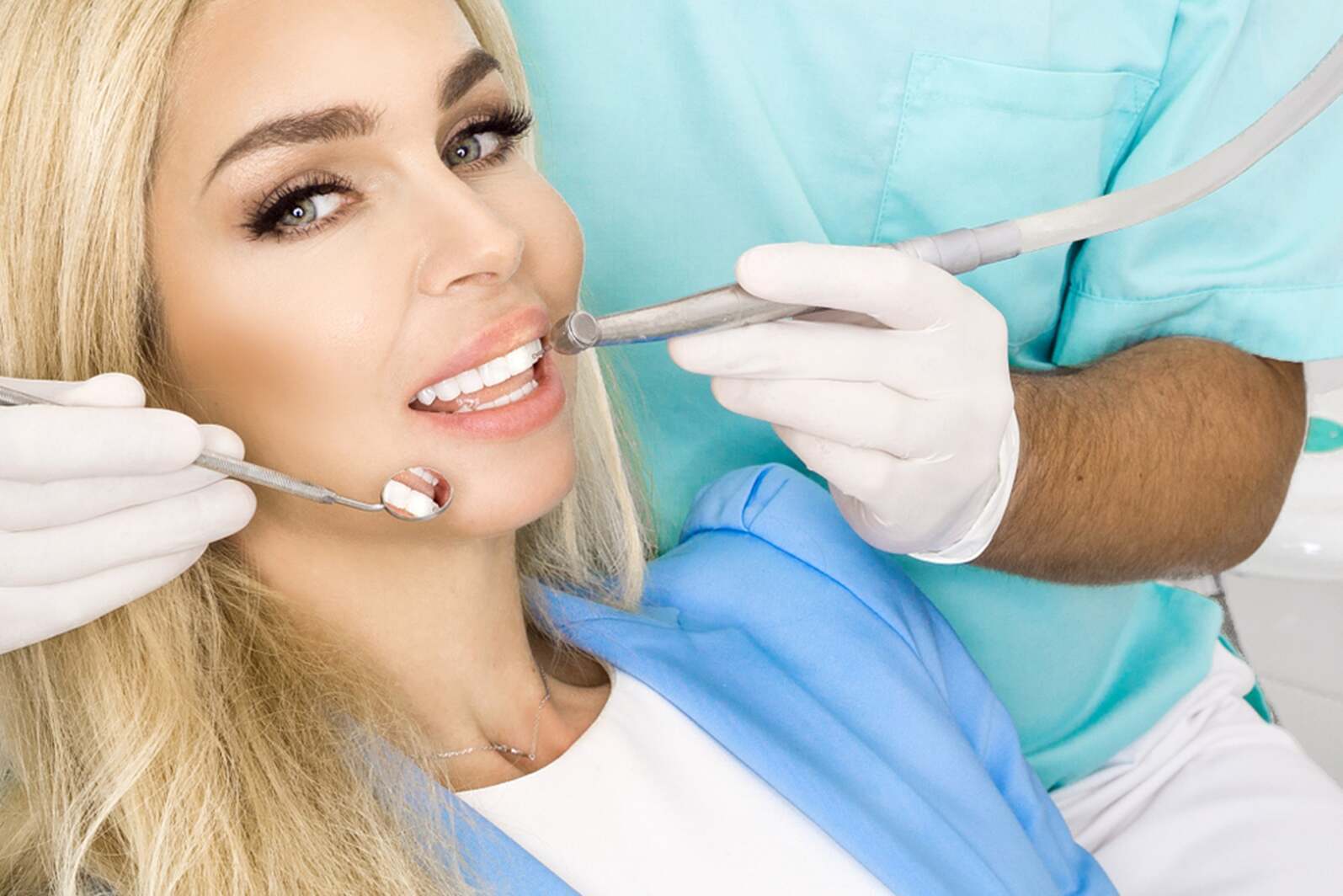“A smile is the shortest distance between two people.”
We all love to have a bright and beautiful smile that wins over those around us. However, many people hesitate to smile openly, merely because they are embarrassed to show off tooth imperfections. Not everyone is blessed to have perfectly straight and beautiful teeth naturally.
However, thanks to the miraculous developments of cosmetic dentistry, there are many ways that anyone can achieve the perfect set of teeth and the perfect smile with a little bit of help from their dentist in Sherwood Park. Dental veneers are among the most successful dental aesthetic procedures that provide beautiful and long term results. If you are currently researching dental veneers with the hope of acquiring them eventually, the following are 10 things you should know in particular about porcelain veneers, which is perhaps the most common type of dental veneers in Sherwood Park.
1. What are they?
Porcelain veneers are made of ultra-thin pieces of porcelain that are designed to match your teeth and your cosmetic requirements.
2. What do they do?
They can cover chipped or slightly broken teeth and also enhance their colour. They are also used to fix gaps between teeth and visibly alter any crookedness or unflattering shapes of front teeth.
3. Are they permanent?
Technically, no. However, with proper care and maintenance, they can last up to 20 years.
4. What is the process of getting veneers like?
The overall process can vary according to your individual needs, and also according to the cosmetic dentist offering dental veneers near you. In general, you will go through a consultation process, getting impressions, buffing the enamel, placing the veneers, bonding, and polishing and properly fitting them into place depending on the cosmetic requirements.
5. Is it painful?
While you may experience some discomfort during the buffing of the enamel and fitting of the veneers, the process of receiving veneers is not painful. If you do feel any pain during the procedure, you can inform your dentist who will always try their best to make you feel relaxed and comfortable.
6. Are there any disadvantages?
One of the biggest disadvantages is the removal of the natural tooth enamel to properly fix the veneer. Enamel doesn’t grow back, which makes veneers a somewhat permanent decision as you will need to replace them in the future. Moreover, concerning porcelain veneers specifically, they can be rather expensive. (Although the results that you can see immediately after the procedure make it quite worth it!)
7. Are there any specific dental requirements to getting veneers?
Having strong teeth that have not gone through any bonding treatments before is a requirement if you want veneers. Your tooth enamel should be of a substantial size without cavities or damage.
8. Is there a difference between porcelain and ceramic veneers?
Yes. Ceramic veneers, while being cheaper – can stain easily. Porcelain veneers are usually stronger and do not stain as easily. They are also closer to your natural teeth in terms of the way they look and feel.
9. How should I maintain my veneers?
Having uniform white teeth with the help of veneers comes with a price. Since they are not as strong as your natural enamel, you need to avoid eating hard food such as certain nuts and hard candy. When eating fruits that you have to bite into, it is better to chop them up before if you want to stay on the safe side. Also, you will have to stop your habit of biting your fingernails if you would like your veneers to last long!
10. Can I participate in contact sports while wearing veneers?
Participating in contact sports such as boxing and rugby is not advisable when wearing veneers.
